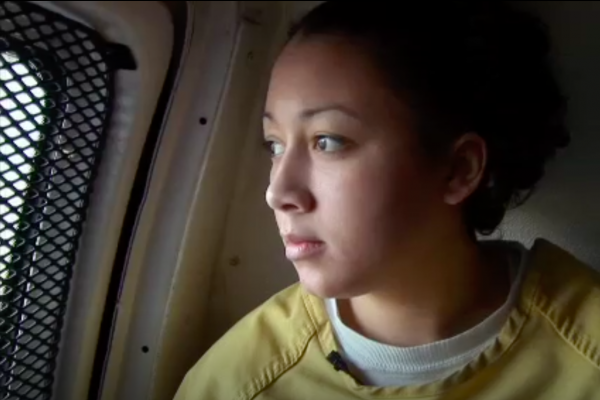Jan 8, 2019
It was this harsh sentence that did not take into account her age and circumstances at the time that sparked an outcry among activities and celebrities alike, calling for her release.
Read the Full Article

Already a subscriber? Login
